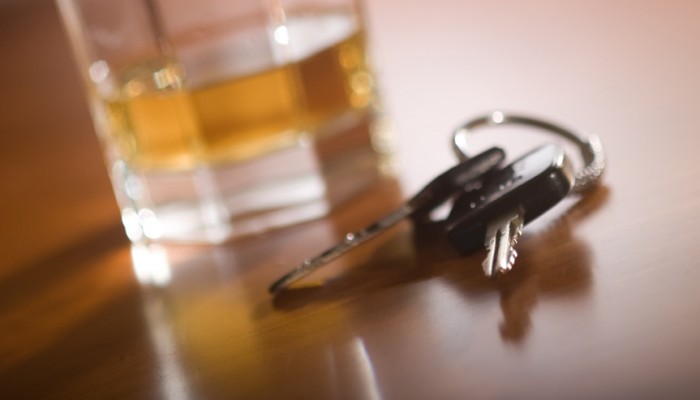The topic of conversation among members of the National Transportation Safety Board has been whether or not the legal limit for BAC should be lowered to .05%. As we know, the current legal limit is .08%, but the National Transportation Safety Board is recommending the limit be lowered to reduce deaths and injury caused by alcohol-related accidents.
This suggestion, however, might penalize those who act responsible on a daily basis. Sarah Longwell, managing director of American Beverage Institute, claims further restricting alcohol consumption does not “stop hardcore drunk drivers from getting behind the wheel.” Another issue is the ratio of BAC to body weight among different body types. Many people could easily exceed the .05% threshold depending on their weight.
There are other reasons for people to drive irresponsibly without alcohol use. Narcotics and other drugs can also impair drivers and place others in danger. Being too tired or even speeding can put other motorists in an unsafe situation. The NTSB and MADD agree people begin losing the ability to steer properly and reduced coordination at a BAC of .05%.
While the NTSB believes the limit should be lowered, the founder of MADD does not agree with this sentiment. The founder, Candace Lightner, believes lowering the legal limit is “a waste of time.” She thinks looking at a realistic solution is the best way to save lives. Each state can decide on the legal limit, but at the recommendation of MADD and the NTSB, the limit was set at .08% for every state. Lightner believes attempting to arrest people who are over .05% is impractical due to the amount of people who would possibly be caught.
Many legal professionals believe courts will not be inclined to convict those who are arrested with a BAC between .05% and .08%. These less-safe instances, they say, are not always criminalized. Most people would pass a field sobriety test with a BAC lower than .08%, so lowering the limit is probably not necessary, especially if the individual does not appear impaired.
The NTSB, however, claims lowering the limit to .05% could save at least 1,000 lives every year. Mark Rosekind, a member of the NTSB, believes impairment begins after the first drink. Even those with a BAC of .01% are responsible for alcohol-related accidents and deaths. Blood alcohol levels higher than 0.05% increase the risk of a fatal crash significantly, and the chances of killing or being killed behind the wheel are 38% greater than driving sober. At that level, most drivers have impaired alertness, vision, and responsiveness. Over 100 nations have already lowered their legal BAC limits to 0.05% (or lower) with proven results while the United States lags behind, Rosekind explains.
Driving while impaired is never a safe idea, but at The Law Offices of Steven E. Kellis, we will fight for you if you are charged with a DUI in Pennsylania. Contact us today to learn about the legal process and how we can help you fight this charge.
